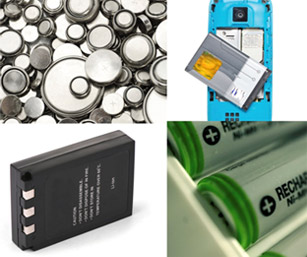
Alkaline Batteries – A, AA, AAA, C, D and 9V – are the ONLY batteries that are NOT hazardous waste. They can be disposed of in your trash.
All other batteries – (Non-Alkaline) lithium, lithium-ion, lead acid, nickel metal hydride, nickel-cadmium, mercury & silver oxide are hazardous waste. Non-Alkaline batteries contain materials that combust when crushed, causing fires in the landfill & recycling center.
Non-alkaline batteries in the hazardous waste program are dismantled. The lead, cobalt, lithium, manganese, nickel and graphite are recycled into new batteries and products.
Bring non-alkaline batteries to the transfer station/recycling center for hazardous waste disposal.
Carroll County Battery Collection Sites
Crawford County Battery Collection Sites

Bulky waste is not collected with your curbside garbage. Bring your items to the landfill/transfer station for disposal.
All loads must be firmly strapped and tarped. Drive across the scale for weight – unload – reweigh on scale for fee assessment and payment.
Examples: Furniture, cabinetry, mattresses, baby items, car seats, household broken plastic, laundry baskets, garden hose and hose reels.
DO NOT place in curbside recycling or garbage.

Car Seat Recycle Programs are available at large box stores numerous times a year. Often coupons are given toward the purchase of a new car seat. Check online for participating stores.
DO NOT place a car seat in curbside recycling. If you do not recycle at the store or the expiration date is expired, place in the trash.
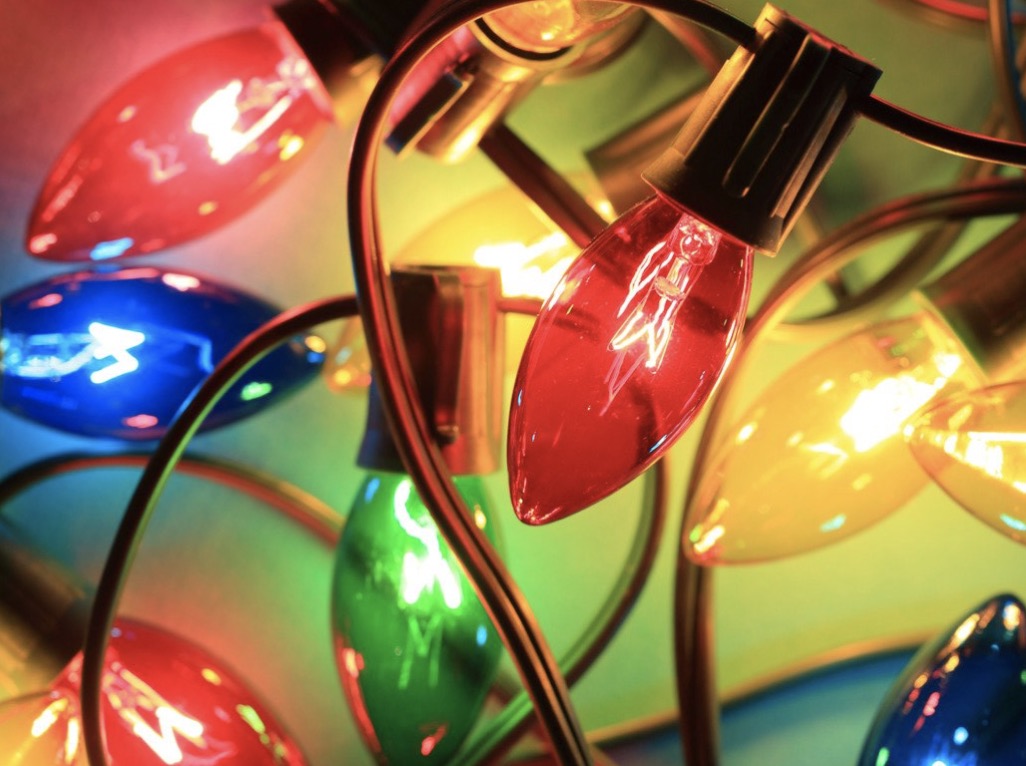
Christmas Light Disposal Program is ONLY available at the Carroll and Shelby Agencies.
It is an ON SITE ONLY program. Christmas lights are NOT ACCEPTED in the curbside program.
Disposal is free, but is seasonal… November 1st through January 31st.
Christmas light disposal is also available at local salvage yards. Check there for year round disposal availability.

Concrete, bricks and cement are considered special waste and require specific means for disposal.
Call your local Agency for fees and disposal availability.

Construction debris is not collected with your curbside garbage. Bring debris to the landfill/transfer station.
All loads must be firmly strapped and tarped. Drive across the scale for weight – unload – reweigh on scale for fee assessment and payment.
Examples: wood, cabinets, sheetrock, tubs, toilets, pvc pipes, shower doors & sinks, flooring, windows & siding.
*Business Demolition: Call local Agency for requirements.

Deer skin and bones are accepted for disposal at the Carroll Agency. A garbage disposal rate is applied.
Deer carcass: internal organs, skin and bones are a food source for wildlife. Returning these to the place of harvest is also a consideration as a food source for the ecosystem.
Call local Agency for fees and disposal availability.

Fire Extinguishers do not belong in your curbside garbage or recycling.
If empty, drill a hole in the side, remove valves and take to your local salvage yard.
If partially full, call agency for disposal options.
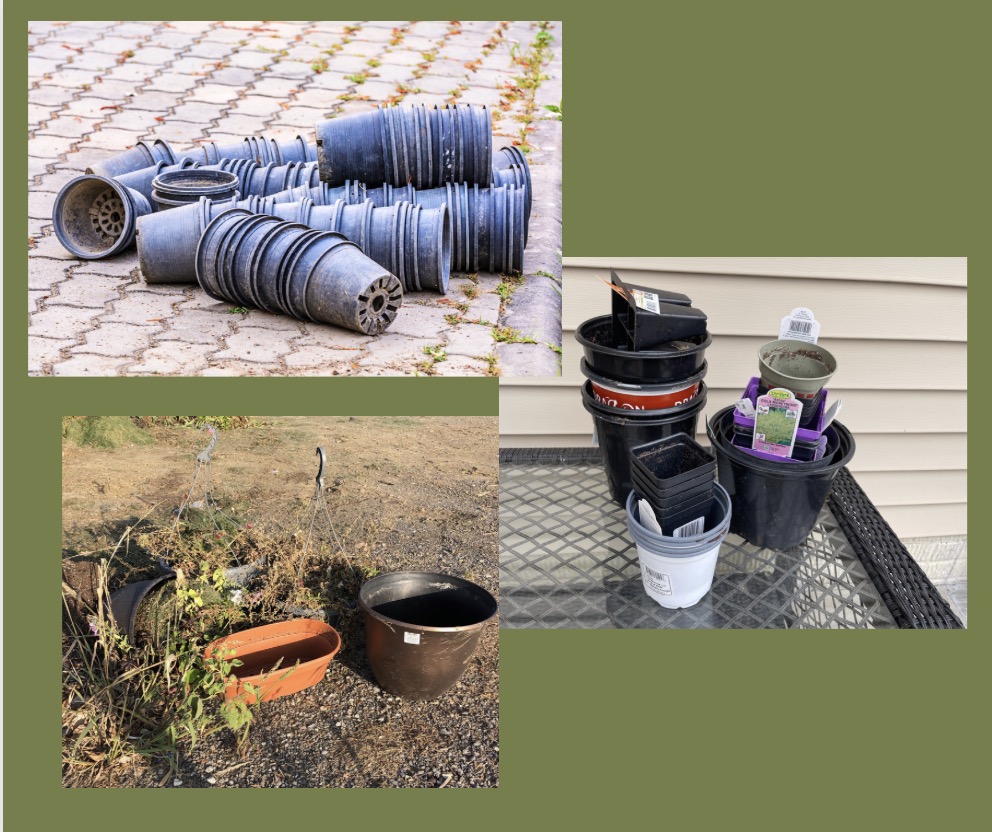
Flower pots, plant tags, garden tools do not belong in recycling.
Some garden centers have recycling programs for plastic pots.
Metal garden tools can be disposed of with scrap metal.

Furnace Filters are not recyclable. Put them in the trash.
DO NOT put in curbside recycling.
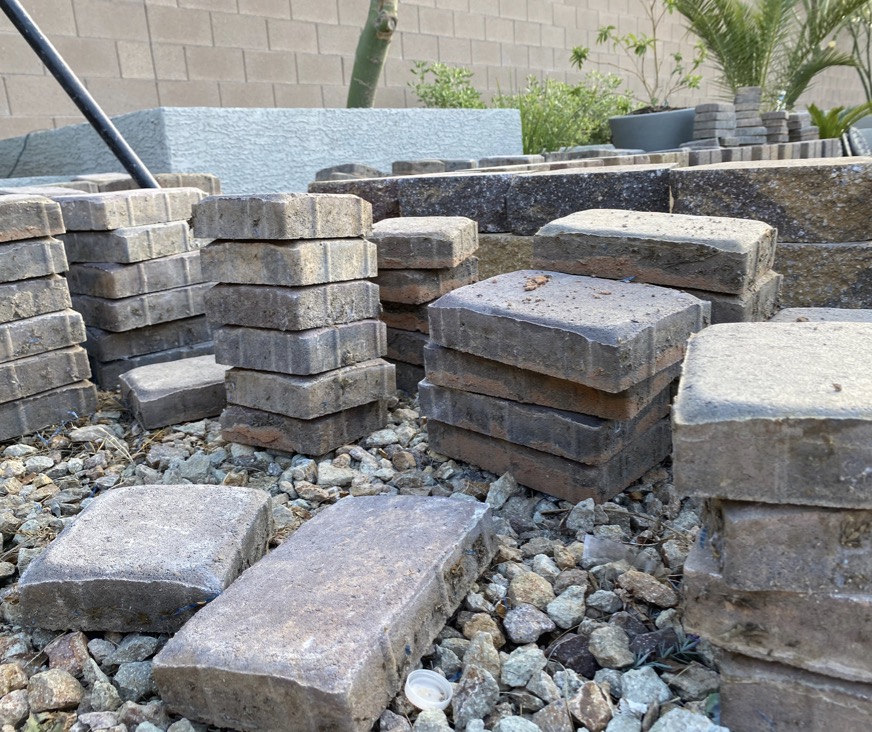
Landscape pavers are considered special waste and require a specific means of disposal.
Call your local Agency for fees and disposal availability.

Plastic lawn & garden debris are garbage and can be placed inside the garbage cart.
Metal lawn & garden debris can be recycled with scrap metal at the recycle center.
Examples: Hoses, hose reels, trowels, spades, shovels, empty plastic flower pots, wheelbarrows.
DO NOT put in curbside recycling.
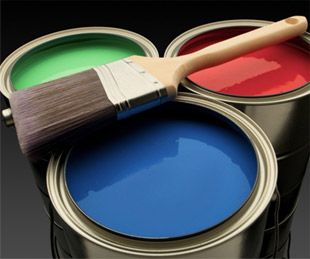
Latex paint is NOT HAZARDOUS WASTE. Latex paint cans can be disposed of in your garbage if they are dried out first.
Small Amounts:
Large Amounts:
ALL CANS MUST BE FREE OF RUNNING LIQUID BEFORE PLACING IN GARBAGE.
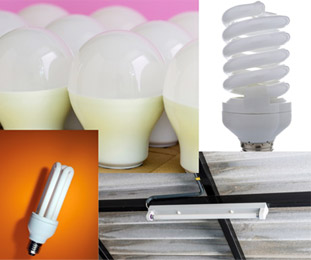
Incandescent & halogen light bulbs are the ONLY light bulbs that are NOT hazardous waste. They can be disposed of in your trash.
All other bulbs, compact fluorescent bulbs (CFL), high intensity discharge bulbs (HID), and light emitting diode (LED) bulbs are hazardous waste.
Bring CFL, HID, LED bulbs to the transfer station/recycling center for hazardous waste disposal.

ALL Oil Based Paint belongs with Hazardous Waste.
ALL Spray Paint belongs with Hazardous Waste.
ALL Varnish & Stains belong in Hazardous Waste.
Bring to Recycle Center or Transfer Station for disposal. DO NOT put in curbside recycling or trash.
Latex Paint is not Hazardous Waste. See link for proper drying and disposal procedures.

You have 2 options for safely disposing of old medications and pharmaceuticals.
NEVER flush medications down the drain or toilet. NEVER burn in a burn barrel.

This type of plastic is NOT recyclable.
If it’s in good shape, donate it to a thrift store. If it’s useless, put it in the garbage.
DO NOT place in curbside recycling.

Your old pots and pans can still be useful…but not in recycling or in the landfill. They are classified as scrap metal.
You have options:
DO NOT place in curbside recycling.

Tanks MUST be empty. Remove all valves.
You have 2 options:
DO NOT place in curbside recycling or garbage.
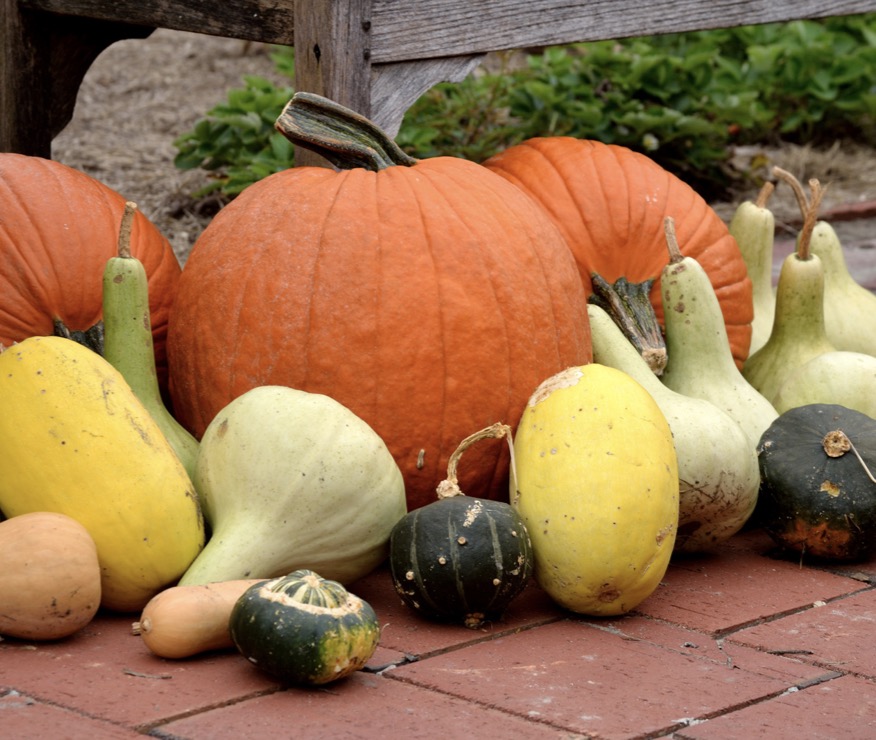
Pumpkins & gourds are accepted in the yard/garden waste program at the Carroll Agency. There is no charge for disposal.
These items can also be broken open and disposed of in a wooded area as wild life food, or fed to chickens and goats.
Check with local Agency for acceptance of pumpkins & gourds in yard & garden waste disposal program.
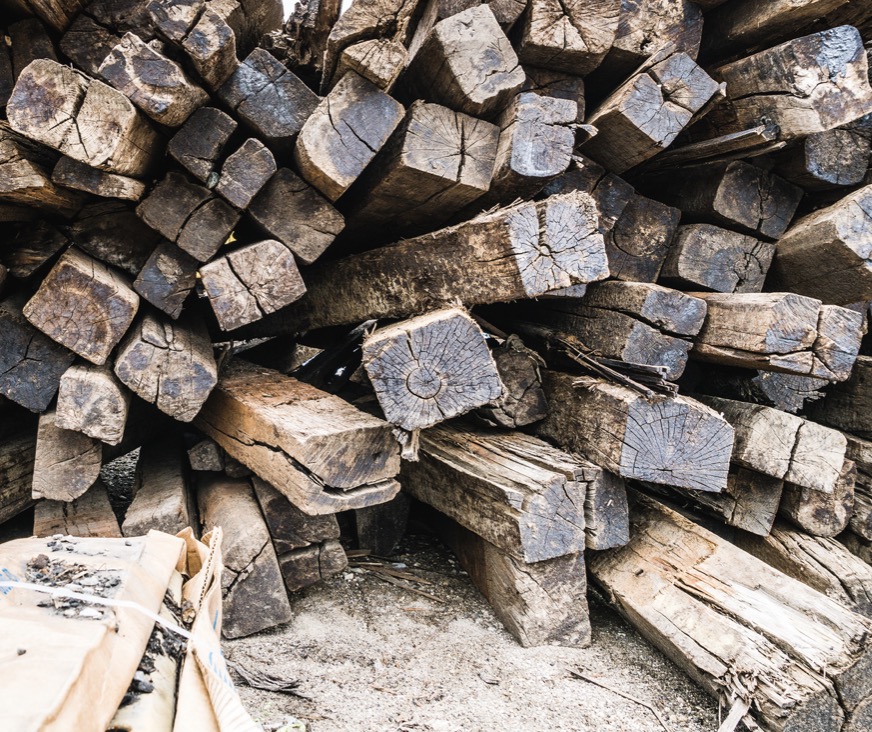
Railroad ties are considered special waste and require a specific means of disposal.
Call your local Agency for fees and disposal availability.

Scrap metal does not belong in the garbage.
It is recyclable, but not in the curbside recycle program.
Example: Metal home décor, light fixtures, lawn chairs, grills, basketball hoops, patio furniture, household decor.
You have 2 options:
DO NOT place in curbside recycling or garbage.

Needles, syringes, lancets, auto injectors such as EpiPens and infusions sets must be placed in an FDA approved sharps container. You may also use a firm rigid laundry soap container with the lid firmly taped shut and labeled. Sharps are considered Hazardous Waste.
You have 2 options for safe disposal.
DO NOT place in curbside recycling or garbage.

These items are not recyclable. Put them in the garbage.

These items are not recyclable.
If they are in good shape, take to a thrift store.
If they are in poor shape, put them in the garbage.